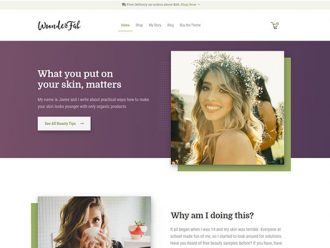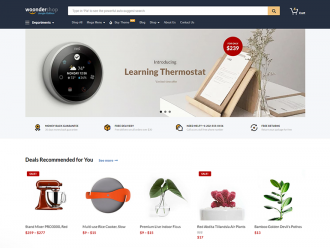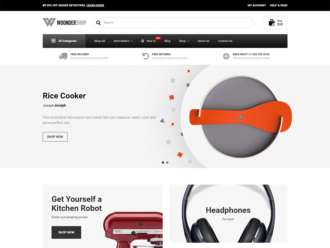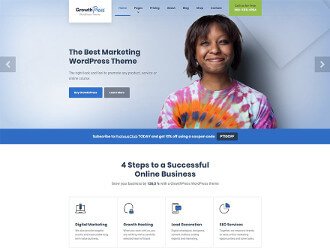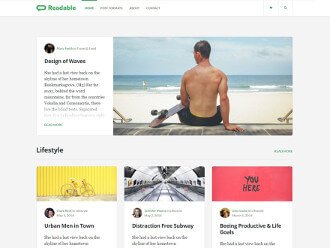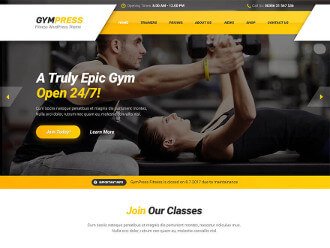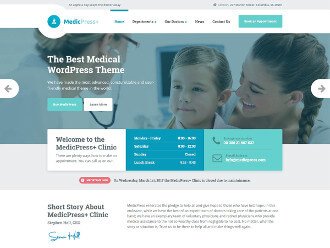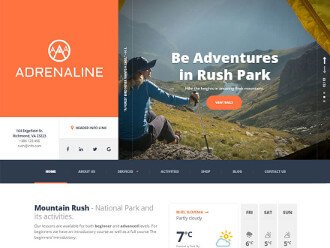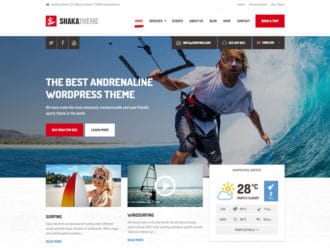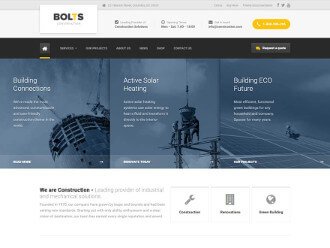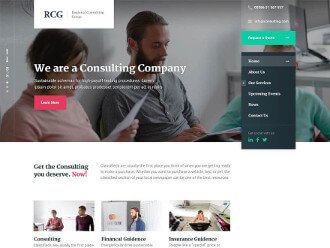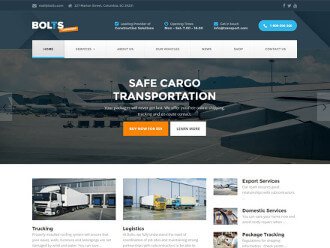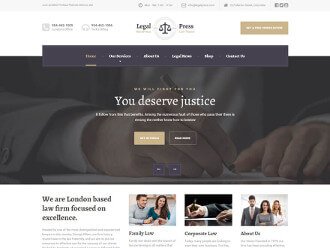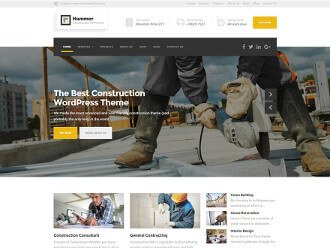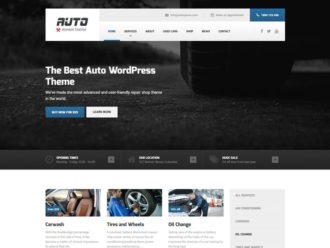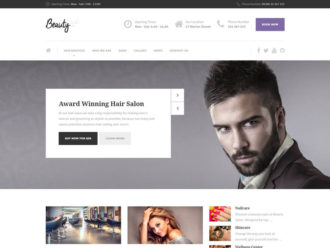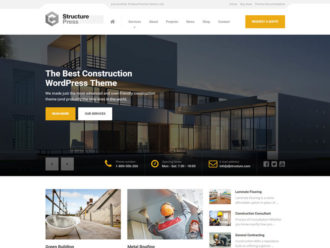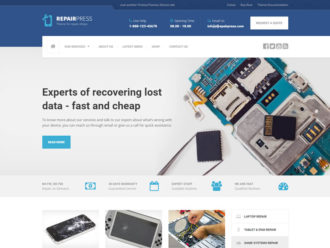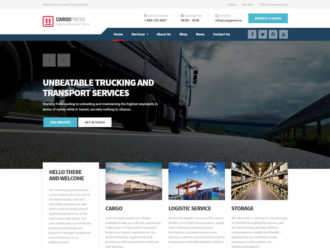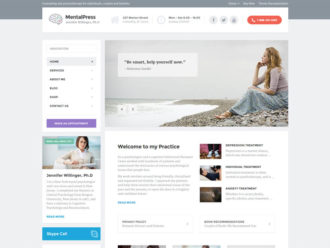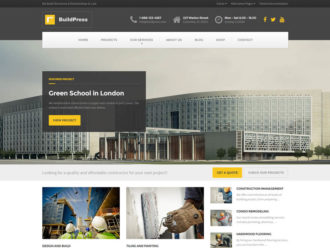Having a professional website is crucial for construction and industrial companies. The idea is to connect to your ideal customer and give them all the information they need to contact your company and start a business relationship.
A well-designed website can act as a sales lead by showing your company’s level of experience handling projects of a specific size and the results of those projects. If you have specific engineering niches that your firm handles, you can clearly indicate what sets your company apart from your competitors to help you attract those visitors as well.
Your company knows the language of your ideal customers best. Your website development process should use that language on your website to better connect to your website visitors.
Planning the website
Creating industrial webpages involves several steps, from planning and designing to development and optimization. When designing your landing pages you have to consider – what is the primary goal of each page? Whether it’s lead generation, information dissemination or showing past customer success, you should have a clear objective in mind.
For all pages, you should try and create a compelling start of the webpage that includes a strong headline that grabs attention. You should also use high-quality visuals that relate to your services. This could be an image of a completed project, a video testimonial, or a graphical representation of your services. Divide the page into sections that explain different aspects of your service. This could include types of services offered, benefits, features, and testimonials.
You should have separate pages for for each product and product category. This is so that search engines can point customers looking for specific requests to the relevant pages. You should include all relevant information, brochures, engineering specification sheets, codes and certifications that people might be looking for when researching your particular service.
Things to include
Have customer testimonials. They build credibility and add trust. If you take the time to source great detailed testimonials, visitors can imagine how you can achieve the same results for them, leading to have higher conversion rates.
Make sure to incorporate relevant service and location keywords in the content, meta descriptions, and image alt tags. These SEO basics will make sure that Google searchers for your industry have a better chance of coming across your business information. Having regular content updates should also help with keeping your website fresh as well. Your business website is never done, you can always make all of your content a little better and more engaging for your potential customers!
Selecting a web platform for your website
When figuring out what web platform to use can seem a little daunting. There are a lot of options like WordPress, Squarespace, Wix etc. Some are made to require little technical expertise in order to launch a website, but can be very difficult or impossible to configure unless you know some HTML and CSS.
The most popular option on the internet is WordPress by a large margin – it powers over 43% of all the websites on the internet. As a result, it has an absolutely enormous ecosystem and a very large group of professionals that support it.
It is generally the best solution for most businesses as a result because there really isn’t very much you want a website to do that cannot be done in WordPress. It has plugins for customer logins, customized search and pretty much anything else your business might need. This large ecosystem also means that if you need to hire somebody for website development, it is usually very easy and relatively affordable to make changes.
Squarespace and Wix are both products that are made simple to use with the tradeoff being that they limit the amount of customization and control you have over your website. If you want something substantially different from the templates you get to pick from, there is no easy way to use their website editors to make certain types of changes. These two options are also very limited in e-commerce options when compared to WooCommerce with WordPress. If you only need few simple pages for a website and you don’t need it to do much other than display information, these platforms might be a good fit for for your simple business website.
Overall, basic SEO tools are also great for all platforms, with advanced SEO software being much better with WordPress in case you need to control redirects or finer grain control over redirects and how data/metadata is output for a very large number of blog posts and individual webpages.
Maintaining your website
Once you are done building your website, you will want to maintain and keep it updated for critical reasons. If you are using WordPress, it is very important that your software is kept up to date will make sure your site remains secure and performant. Regular backups are also required in case there are ever any issues. This is easiest with an excellent WordPress hosting service that has regular backups.
Most importantly, making sure your website is patched consistently will avoid any downtime, where your site could be getting more clients and business for your company. This will also make sure that all forms and other functions on your website continue to work as expected and that no leads are lost.

